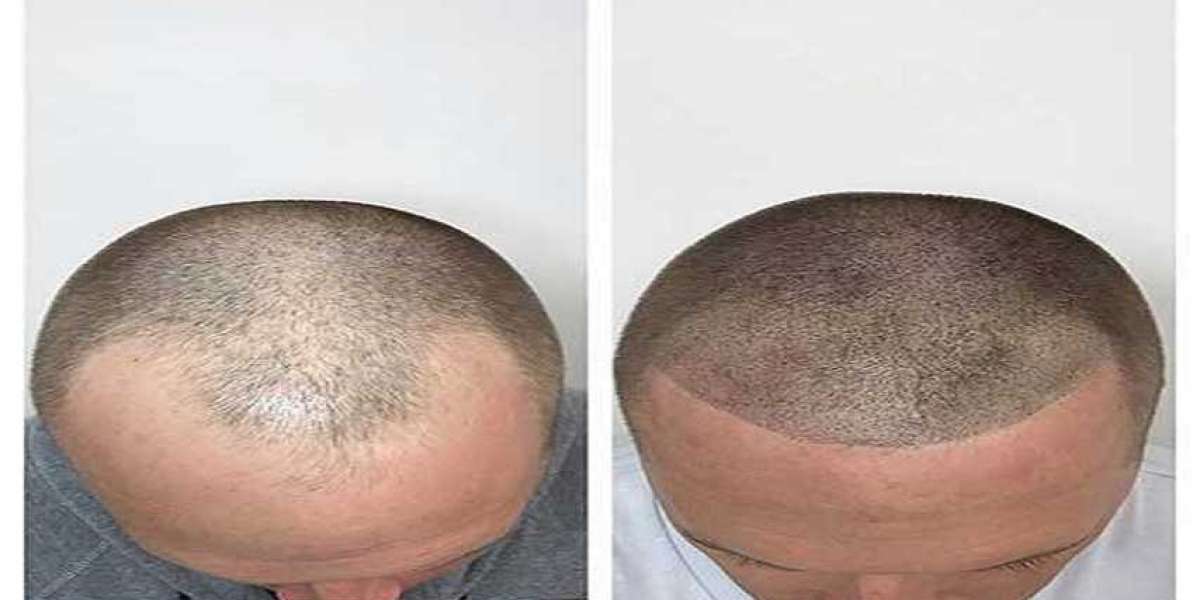An itchy, flaky scalp can be a real nuisance, and while we often dismiss it as just "dandruff," the reality is more nuanced. Dandruff isn't a single entity, but rather a symptom with various underlying causes. Furthermore, it's crucial to distinguish dandruff from more serious scalp infections, which can mimic its symptoms but require different approaches to treatment. This comprehensive guide will delve into the different types of dandruff, explore how infections can affect your scalp, and provide insights into effective management strategies.
Deciphering Dandruff: More Than Just Flakes
Dandruff, characterized by the shedding of dead skin cells from the scalp, is a common condition that can affect people of all ages. While not contagious or inherently harmful, it can be uncomfortable, embarrassing, and even a sign of an underlying issue. It's important to recognize that dandruff isn't a one-size-fits-all condition. We can broadly categorize it into two primary types:
- Dry Scalp Dandruff: This type arises from a lack of moisture on the scalp. The flakes are typically small, white, and dry, and the scalp itself may feel tight and itchy. Think of it like dry skin anywhere else on your body – it lacks the necessary oils to stay supple and healthy. Factors contributing to dry scalp dandruff include:
- Cold Weather: Dry, cold air can strip the scalp of its natural oils.
- Over-Washing: Frequent shampooing, especially with harsh detergents, can disrupt the scalp's natural oil balance.
- Certain Hair Products: Some shampoos, conditioners, and styling products can be drying and irritating.
- Underlying Skin Conditions: Eczema or psoriasis can manifest as dry scalp and flaking.
- Oily Scalp Dandruff: This type, also known as seborrheic dermatitis, is characterized by larger, yellowish, and often greasy flakes. It occurs due to an overproduction of sebum (oil) by the scalp's sebaceous glands. This excess oil creates an environment where a naturally occurring yeast called Malassezia can thrive. Malassezia breaks down the scalp's oils, producing substances that can irritate the scalp and lead to increased shedding of skin cells. Contributing factors to oily scalp dandruff include:
- Hormonal Fluctuations: Hormones can influence sebum production.
- Genetics: A predisposition to oily skin and scalp can be inherited.
- Diet: While not definitively proven, some believe that a diet high in fatty foods may contribute to oily skin.
- Stress: Stress can exacerbate seborrheic dermatitis.
Scalp Infections: A More Serious Concern
While dandruff is often a cosmetic issue, scalp infections represent a more serious health concern. They are typically caused by bacteria or fungi and can lead to more pronounced symptoms than dandruff, such as redness, swelling, pain, and even hair loss. Distinguishing between dandruff and a scalp infection is crucial for appropriate treatment.
Common Types of Scalp Infections:
- TineaCapitis (Ringworm of the Scalp): This fungal infection causes circular or oval patches of hair loss, often accompanied by scaling, itching, and inflammation.
- Bacterial Infections: These can arise from cuts, scratches, or other injuries to the scalp, leading to redness, swelling, pus-filled sores, and sometimes fever.
- Folliculitis: An inflammation of the hair follicles, folliculitis can be caused by bacteria or fungi and presents as small, red bumps or pimples on the scalp.
How Infections Can Affect Your Scalp:
Scalp infections can disrupt the normal functioning of the scalp, leading to a range of issues:
- Hair Loss: Some infections, like tineacapitis, can directly damage hair follicles, resulting in hair loss. Even infections that don't directly target hair follicles can cause temporary hair loss due to inflammation and stress on the body.
- Inflammation: Infections trigger an inflammatory response in the scalp, leading to redness, swelling, pain, and itching.
- Scarring: In severe cases, some infections can cause scarring, which can be permanent and may lead to permanent hair loss in the affected area.
- Spread to Other Areas: Untreated scalp infections can sometimes spread to other parts of the body.
Effective Management Strategies
The treatment for dandruff and scalp infections depends on the specific condition and its severity.
Dandruff Management:
- Over-the-Counter Shampoos: For mild dandruff, medicated shampoos containing ingredients like zinc pyrithione, selenium sulfide, ketoconazole, or coal tar can be effective.
- Lifestyle Changes: Addressing factors like dry air, stress, and harsh hair products can significantly improve dandruff. Using a humidifier, practicing stress-reducing techniques, and choosing gentle hair products can be beneficial.
Scalp Infection Treatment:
- Medical Consultation: If you suspect a scalp infection, it's crucial to see a doctor or dermatologist. They can accurately diagnose the condition and prescribe appropriate treatment.
- Antifungal Medications: Fungal infections like tineacapitis require antifungal medications, which can be topical or oral.
- Antibiotics: Bacterial infections necessitate treatment with antibiotics.
- Other Medications: Depending on the specific infection, other medications like corticosteroids may be prescribed to reduce inflammation.
Prevention is Key
Preventing dandruff and scalp infections involves maintaining good scalp hygiene, avoiding irritants, and addressing any underlying health conditions.
- Regular Washing: Wash your hair regularly with a gentle shampoo to remove excess oil and dead skin cells.
- Avoid Harsh Products: Choose hair products that are free of harsh chemicals and fragrances.
- Manage Stress: Stress can exacerbate both dandruff and scalp infections.
- Healthy Diet: A balanced diet supports overall skin and scalp health.
Understanding the differences between dandruff and scalp infections is crucial for effective management. While dandruff can often be managed with over-the-counter products and lifestyle changes, scalp infections require prompt medical attention. If you're experiencing persistent scalp issues, don't hesitate to consult a healthcare professional for diagnosis and treatment.
Gray Hair in Your Teenage Years? Discover Fast and Effective Solutions
PRP Hair Therapy for Patchy Bald Spots: A Game-Changer in Hair Restoration








